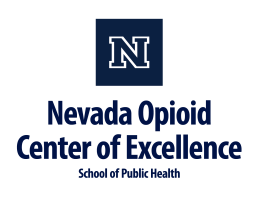Warning Signs of Suicide When Discontinuing Opioids
This 30-minute course is intended to help community providers identify their role in helping patients transition away from a dependence on opioids and to encourage them to study more about pain management and suicide prevention.
